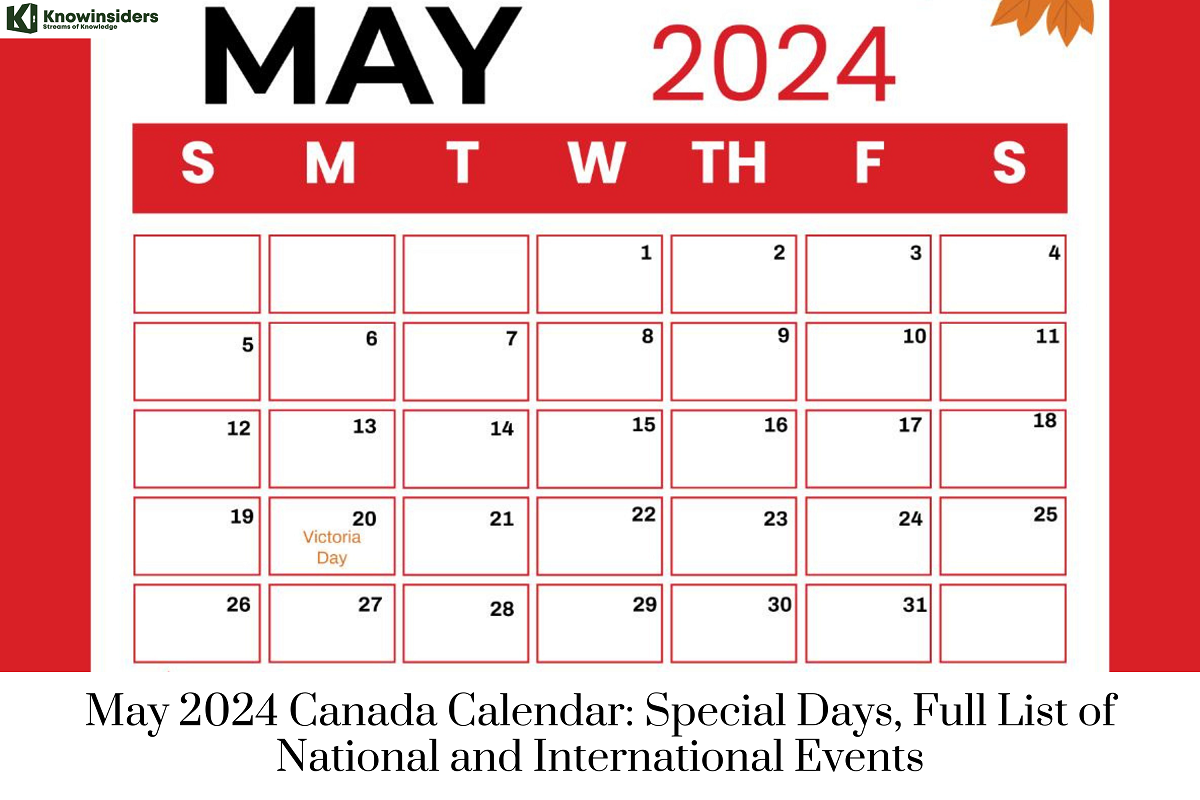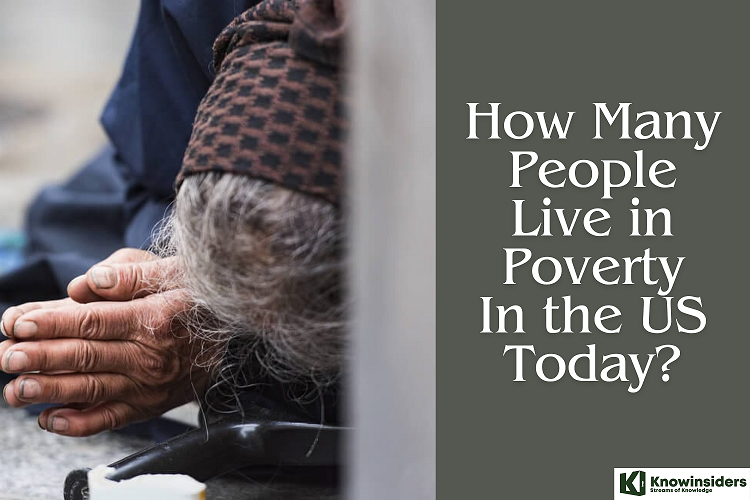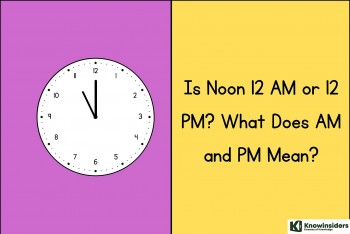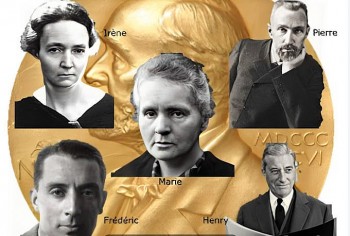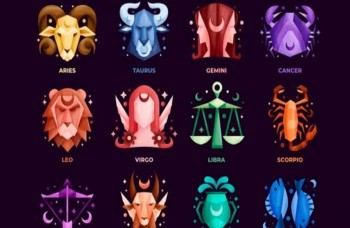Full List of Over 1,200 New German Words
 |
| Full List of Over 1,200 New German Words Have Been Created During Covid-19 |
The Covid-19 crisis has not only completely turned our lives upside down, it has also added to the German language like no other event before.
At least since the Second World War, that would have changed the vocabulary as drastically, and at the same time as quickly, as the Covid-19 pandemic. Over the past year, Germans were "overzoomed" with too many video conferences, and turned the word lockdown into a Denglish verb, "gelockdownt."
The Full List of over 1,200 New German Words
The Mannheim-based Leibniz Institute for the German Language (IDS) has listed more than 1,200 new words that are all related to the pandemic. For each term, the institute quotes a newspaper article where it was used. Whether first adopted by the population or popularized through political discussions, the words reflect how German-speaking countries dealt with the pandemic over the past year.
One of the tricks of the German language is to combine existing words to give them a new meaning, which allows it to creatively reflect different attitudes towards coronavirus-related developments, with "Klopapierhamster" (toilet paper hamsters) and "Covidiots" making headlines for their selfish behavior ahead of the first wave.
"When new things happen in the world [we] look for a name," said Dr. Christine Möhrs, who works at the institute and collects the words. "Things that do not have a name can cause people to feel fear and insecurity. However, if we can talk about things and name them, then we can communicate with each other. Especially in times of crisis, this is important."
She noted the new words are helping reduce Coronaangst (anxiety about the virus).
"Gesichtskondom" (face condom) and "Schnutenpulli" (snout sweater) appeared as humorous ways to describe the face mask.
Some of those combined words are all borrowed from the English language, such as "Social-Distancing-Shaming," which refers to people who scold others for not keeping a safe distance in a public space, or "Superspreader-Events," a phenomenon that was observed worldwide, through which some specific gatherings led to a high number of infections.
They also further applied their love of abbreviations to define a set of recommendations to avoid spreading the virus. What started as the "AHA" rules was extended to "AHACL" — A for "Abstand" (distancing), H for "Hygiene," A for "Alltagsmaske" (face mask), C for "Corona-Warn-App" (Germany's virus tracing app) and L for "Lüften" (airing).
Below are more COVID-19 neologisms in German:
- Coronamüde (COVID-19 exhaustion)
- Impfneid (vaccination envy)
- Coronafrisur (corona hairstyle)
- Kuschelkontakt (cuddle contact)
- Abstandsbier (distance beer)
- Glühweinstandhopping (hopping between mulled-wine stands)
- Balkonsänger (balcony singer)
- Todesküsschen (friendly smooch on the cheek viewed as a kiss of death)
- Alltagsmaske (everyday mask)
- Spuckschutzschirm (mask: spit protection umbrella)
- Schnutenpulli (mask: snout sweater)
- Maskentrottel (mask idiot who wears a face covering leaving the nose exposed)
- Hamsterkauf (panic buying and stockpiling food like a hamster)
- Mindestabstandsregelung (minimum-distance regulation)
- Anderthalbmetergesellschaft (one-and-a-half-meter society)
- Ausgangssperre (going-out curfew)
- Ausgangsbeschränkung (going-out restriction)
- Coronadiktatur (COVID-19 dictatorship)
- Impfzwang (forced vaccination)
| For example, Coronamutationsgebiet is an area where coronavirus mutations are widespread. A Geisterveranstaltung (ghost event) is an event with no people in attendance, usually sports. Live music is allowed, provided the audience remains in their cars, at an Autokonzert. New nouns are often formed in German by combining two or three nouns, says Anatol Stefanowitsch, a professor of linguistics at the Freie Universität Berlin. There are several variations on "face mask." Mundschutzmode includes "Mund for mouth, Schutz for protection and Mode as a term for fashion. So a literal translation would be mouth protection fashion," Stefanowitsch says. But Germans have also referred to a Gesichtskondom — a "face condom," which he notes creates a "novel image" in your head. Behelfsmundnasenschutz would be an "improvised mouth nose protection." Maulkorb, or muzzle, is not on the list of new words. |
 Only in Japan: Pretty Girl Idol Turns Out A 50-year-old Uncle, Lure Fans by FaceApp Only in Japan: Pretty Girl Idol Turns Out A 50-year-old Uncle, Lure Fans by FaceApp A 50-year-old Japanese man went viral in the social media after using FaceApp to alternate his images into a young beautiful girl. Keep reading to ... |
 Only In Indonesia: Foreign Influencers Face Deportation Over Face Mask ‘Prank’ Only In Indonesia: Foreign Influencers Face Deportation Over Face Mask ‘Prank’ Two influencers in Bali recorded themselves going to new extremes in order to avoid complying with COVID-19 mask guidelines—all under the pretense of creating entertaining ... |
 Only in India: Mysterious Condition of Boy with The Most Giant Hands in the World Only in India: Mysterious Condition of Boy with The Most Giant Hands in the World Tarik's strange hands have disproportionately grown over 12-inches, which has suprised medical experts the world over. Tarik’s mysterious condition does not have any medical name ... |
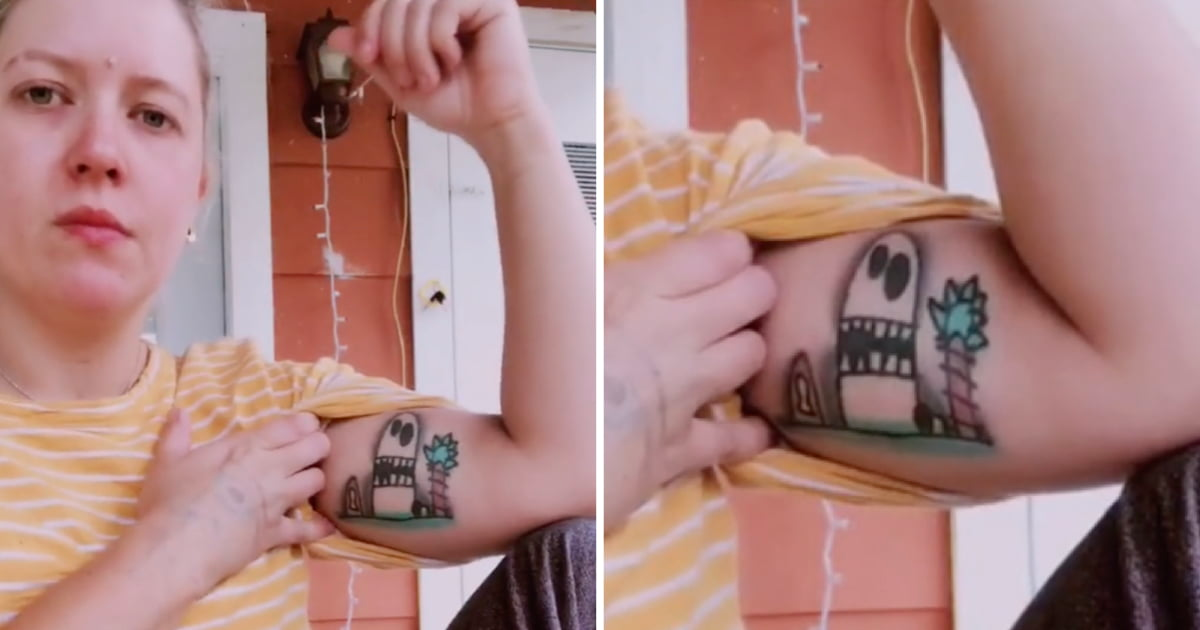 Only in the US: Mum Gets Tattoo Of Her Son’s Drawing, Then Realized It Wasn’t His Only in the US: Mum Gets Tattoo Of Her Son’s Drawing, Then Realized It Wasn’t His Mom sharing in a Tiktok video about the story of the tattoo on her arm, thought a drawing of her son, but it turned out ... |



